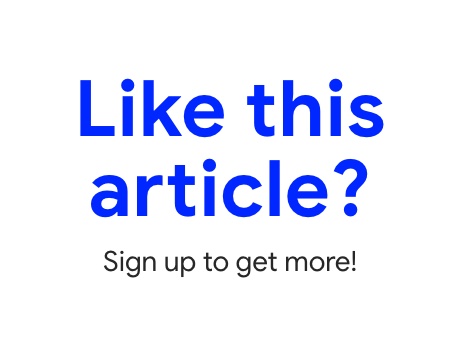*Ring*Ring*Ring* You receive a call that you’re interviewing for your dream job! Woohoo! Now what? Are you really prepared? Have you mastered the art of interviewing for a job?
If you’re not sure how to prepare for an interview, we have you covered. There’s a lot to know before walking into your first job interview. We aim to equip you with important information that will help you crush your next interview and build your confidence. Here’s how…
Do Your Research
First things first, do your homework. What does the company do? What do they value? Who is conducting your interview? Can you look them up on LinkedIn? Make sure you go to the interview with research on the company. Bring up some of their past projects in your answers. It shows them your dedication, interest, and ability to research. It also shows your interviewer that you want the job and are willing to go above and beyond expectations.
Prepare Answers
Make a list of questions they might ask and practice answering them. It will help you feel more confident when you’re interviewing for the job. Some commonly asked questions include, but are certainly not limited to:
- Tell me about yourself.
- What are some of your strengths? Weaknesses?
- How would you handle a difficult customer/client?
- Have you ever encountered a problem at work and how did you overcome it?
And so many more. When it comes to answering common interview questions, check out Tips, Tricks, and Hacks from a VICE Recruiter.
Dress Appropriately
Plan your outfit well beforehand so your clothes stay clean. Never wear jeans to an interview, especially for an office job. Business-attire only when interviewing. If you need guidance on business-appropriate clothing, Pinterest has plenty of examples. Typically, you would wear dress pants, a classy shirt, and dress shoes. Consider a nice jacket or blazer on top, depending on the weather. It’s easier to be over-dressed than under-dressed as you can always take off a layer to be a bit more casual.
Get Comfortable
This doesn’t mean kick off your shoes and put your feet on the table. What it means is that you shouldn’t let your nerves get the best of you. You don’t want to come across as indifferent because you’re nervous. So, take a few deep breaths. Shake off your jitters before you meet the interviewer and show them how happy you are to be there.
Administer Respect
Your interviewer is someone you are trying to impress because they decide whether or not you will be hired. It should go without saying, but mind your manners and don’t overstep any lines. Be cautious about your choice of words and examples. This person is not your friend. They determine your future with the company.
Listen, Seriously, Listen
What is your interviewer really asking? Your answers can tell the interviewer how you would handle issues at work. Additionally, these questions may be concealed or asked bluntly; it’s your job to convince the interviewer that you will professionally and successfully handle these problems. You are proving to them that you will be an asset to their company, so make sure you answer what they are asking you.
Don’t Interrupt
Silences are okay. You don’t always need to fill the air with your voice and never cut off your interviewer. Wait for them to finish their question, comment, summary, whathaveyou, and then proceed to talk. It’s also okay to take a second and think of your answer.
It’s Okay to Not Know Everything
Your interviewer is well-versed in topics pertaining to the company. They probably know more than you do, so if there’s something you genuinely don’t know, it’s okay to admit it. You can always add that you’re willing to learn. But lying about knowing something may lead the interviewer to ask questions about that topic—when you don’t have any answers—and that does not bode well.
Ask Questions
Have questions prepared for the end of the interview and avoid questions that can be answered with one word. Conversation is good, so keep it flowing in the right direction. Make your questions open-ended so the interviewer can actually offer you a sense of what it might be like working there. Ask about the daily routine, possibilities for growth, and work culture. Remember, this interview goes both ways, and you should want to learn if this company is the right fit for you as much as they want to learn if you’re the right fit for them.
As long as you prepare, the art of interviewing is not as nerve-wracking as it seems. Now, get out there and land your dream job. You’re going to be great!

Opportunities only for students
*Opinions expressed are those of the author, and not necessarily those of Student Life Network or their partners.




